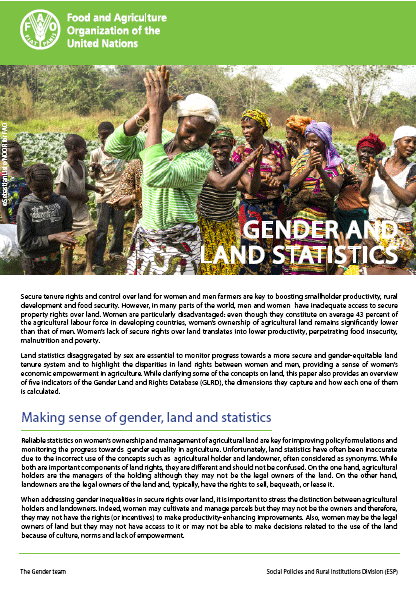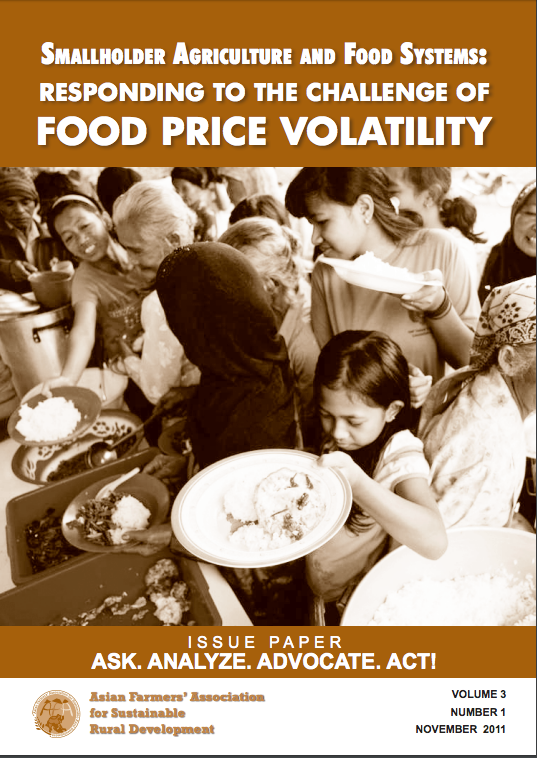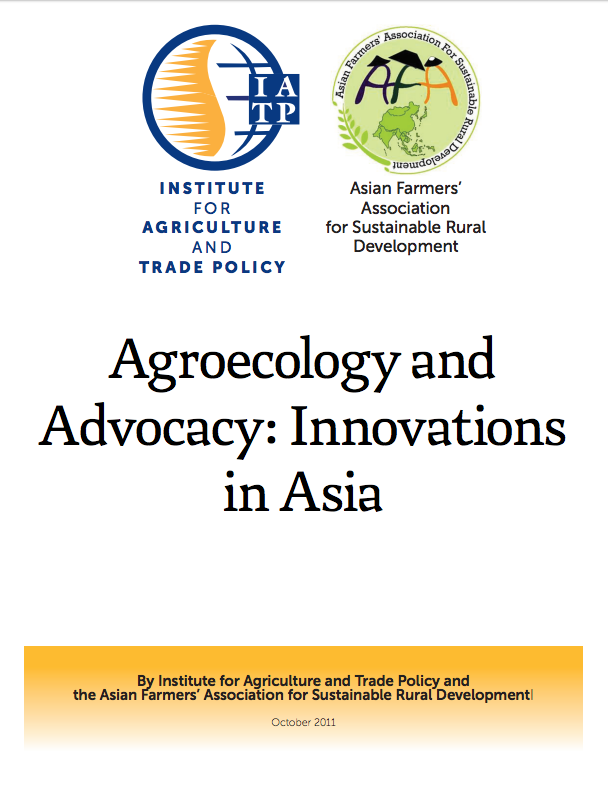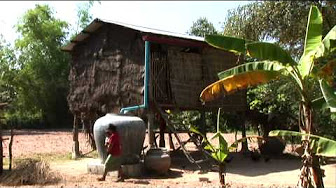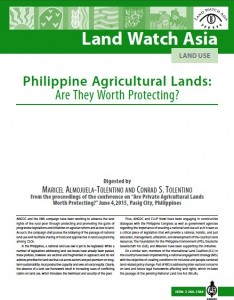Fighting the Population/Agriculture/Environment Nexus in Sub-Saharan Africa
Over the past thirty years, most of
Sub-Saharan Africa has seen rapid population growth, poor
agricultural performance, and increasing environmental
degradation. Why do these problems seem so intractable? Are
they connected? Do they reinforce each other? If so, what
are the critical links? This book tests the hypothesis that
these phenomena are strongly interrelated. The finding -
that this nexus is very much at work in Sub-Saharan Africa -


